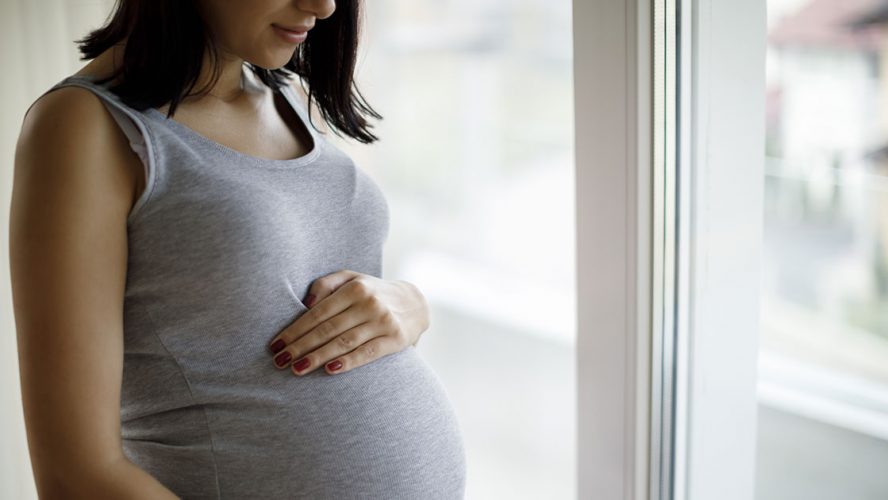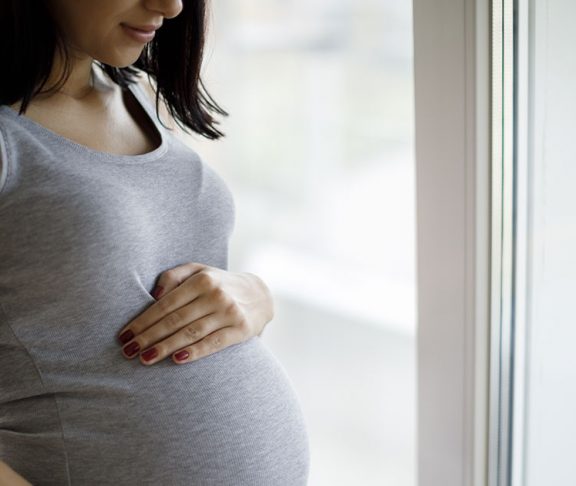
Jennifer Zavolinsky, MHS, CHES
Director of Outreach Initiatives, Vaccinate Your Family
COVID-19 isn’t the only risk we’re facing right now. While it may seem as if outbreaks of vaccine-preventable diseases are unlikely with current masking and social distancing guidelines, they’re still possible, especially now. With the holiday season here and “pandemic fatigue” setting in, more people are gathering with loved ones – some of whom might be at higher risk of getting seriously sick or hospitalized with flu and other vaccine-preventable diseases.
Pregnant women and their babies are at high-risk from flu and whooping cough
While most people think of children and older adults when they think of vaccines, did you know that vaccines are also an essential part of a healthy pregnancy? Medical experts, including OB-GYNs and Nurse Midwives, recommend that all pregnant women get vaccinated against flu and whooping cough during every pregnancy, even – and especially – during the pandemic.
Flu
Flu vaccines are recommended for everyone 6 months and older. Whilemany might dismiss the flu as no big deal, it’s actually a leading cause of vaccine-preventable deaths in the U.S. Even otherwise healthy people of all ages, including pregnant women and their babies, get seriously ill with flu each year. In fact, changes to a woman’s body during pregnancy make her more likely to be hospitalized with flu. Getting the flu during pregnancy also increases the chances of birth defects and babies being born too early or too small.
By getting a flu shot during pregnancy, a woman not only reduces her chances of being hospitalized due to the flu, but she also is helping to protect her babywho is also at higher risk of flu complications. Studies show that babies born to moms vaccinated during pregnancy are less likely to get seriously sick than those born to unvaccinated moms.
Whooping cough
Anyone can get sick with whooping cough (aka pertussis), but the disease is very dangerous for babies. Like with flu, babies are at high risk for complications from whooping cough, even if they are healthy. The younger the baby is, the more likely they will need to be treated in a hospital. Most deaths from whooping cough are among infants younger than 2 months old. Getting a Tdap (tetanus, diphtheria and pertussis) vaccine during the 3rd trimester of pregnancy is the best way a woman can protect her baby from whooping cough.
Timing and safety of vaccines during pregnancy
Getting vaccinated with flu and Tdap vaccines during every pregnancy – as opposed to before or after – allows a woman to pass on some protective antibodies (immunity) to her baby. This is especially important since babies don’t get their own flu vaccine until 6 months, and they don’t start their whooping cough vaccination series (DTaP) until they are 2 months old.
Flu and Tdap vaccines are safe and effective for pregnant women and their babies
Tdap and flu vaccinations during pregnancy have been studied for both safety and effectiveness. Medical and public health experts agree that the benefits of vaccines during pregnancy outweigh any potential risks to moms and babies.
If you know someone who is expecting, please share this information and ask them to consider talking to their prenatal care provider about the need for flu and Tdap vaccines during their pregnancy.
Paying for Your Family’s Vaccines
With so many people out of work and without health insurance during the pandemic, it’s important to know that you can still keep yourself and your family safe from preventable diseases with free or lower-cost vaccines through state and federal programs.
Visit Vaccinateyourfamily.org for more information about vaccines during all stages of life and how to pay for them.

